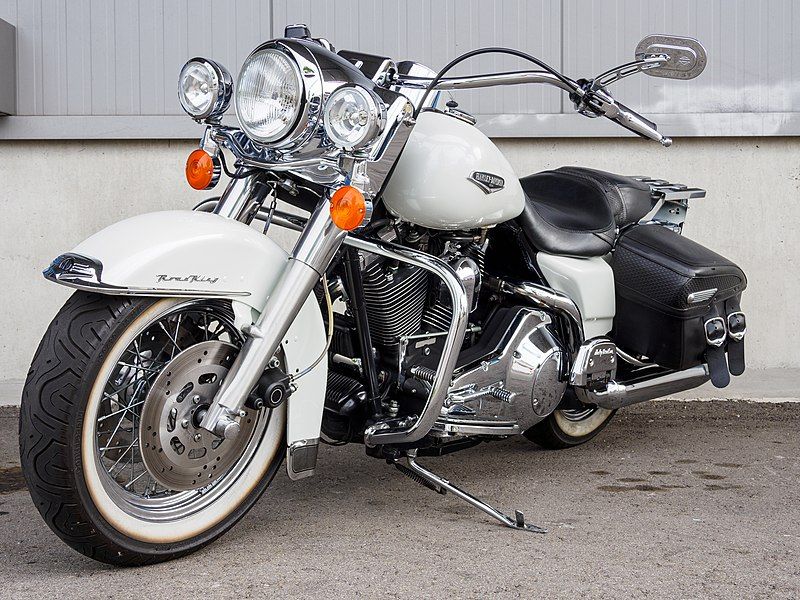When the people of Denmark overwhelmingly voted in favour of abolishing the EU defence reservation last June, effectively handing the government a carte blanche to spend whatever it likes on fighter-jets, tanks, guns, ammo and other weapons of light-to-medium destruction, they weren’t expecting this!
Last year, so on the last government’s watch, 246,000 kroner of tax-payer’s money was spent on transporting home six motorbikes belonging to five Armed Forces officers stationed in the US, reports TV2.
Before you imagine a few Christini AWDs, as favoured by the US Navy Seals, or even the bike Steve McQueen used to jump over barbed wire fences, let’s put you straight.
These were very much civilian bikes – one of them was a Harley Davidson Road King, which cost 76,735 kroner to transport.
Ministry seeking answers
Rigsrevisionen, the national audit office, is reportedly looking into the matter to discover exactly why five servicemen thought moving the cargo was of Danish national interest.
Troels Lund Poulsen, the acting defence minister, wants answers too – particularly as it was approved by his own ministry’s material and procurement agency, Forsvarsministeriets Materiel- og Indkøbsstyrelse (FMI).
In total, TV2 has been granted access to 14 more FMI invoices relating to cargo moving between the countries, which come to a total of over 100,000 kroner.
Additional TV2 allegations include the use of Armed Forces credit cards to buy sexual services, the lavish living conditions of officers in the US and the embezzlement of between 2 and 3 million kroner by an employee of FMI.
Serviceman unrepentant
The agency also paid 48,230 kroner for the transportation of a car belonging to one of the five servicemen, but after TV2 pointed out that this contravened rules, the invoice was reversed and paid.
The serviceman was asked by TV2 whether the bike was necessary for his work, to which he replied: “It hasn’t been necessary, but the rules say you can do it, so why shouldn’t I do it?”
A further TV2 question irked him into adding: “So, what kind of formulation of a question is that? Of course I think about what I’m doing. I am a grown man, I have been the head of the Armed Forces for generations.”
Professor demands audit inquiry
Leading the outrage on behalf of an incredulous nation is Aalborg University financial management expert Professor Per Nikolaj Bukh, who urged Rigsrevisionen to investigate whether the officers have broken the rules.
“The transport of a motorcycle from the USA to Denmark can be quite an expensive affair, and there can be good money to be made by reselling it in Denmark,” he noted.
“This kind of remuneration is not at all possible in the public sector.”
Harley right up there with ‘the horse’
The transportation recalls another case, in 2017, in which nearly 70,000 kroner of the tax-payer’s purse was spent on relocating the horse of a DR correspondent to the US.
The shipment was authorised following Johannes Langkilde’s deployment to Washington DC, but following public criticism the broadcaster quickly called it a “misjudgment”.
Nevertheless, the cost was not paid back, although Langkilde was left to pay for the horse’s return journey when he came back to Denmark to host TV Avisen.















